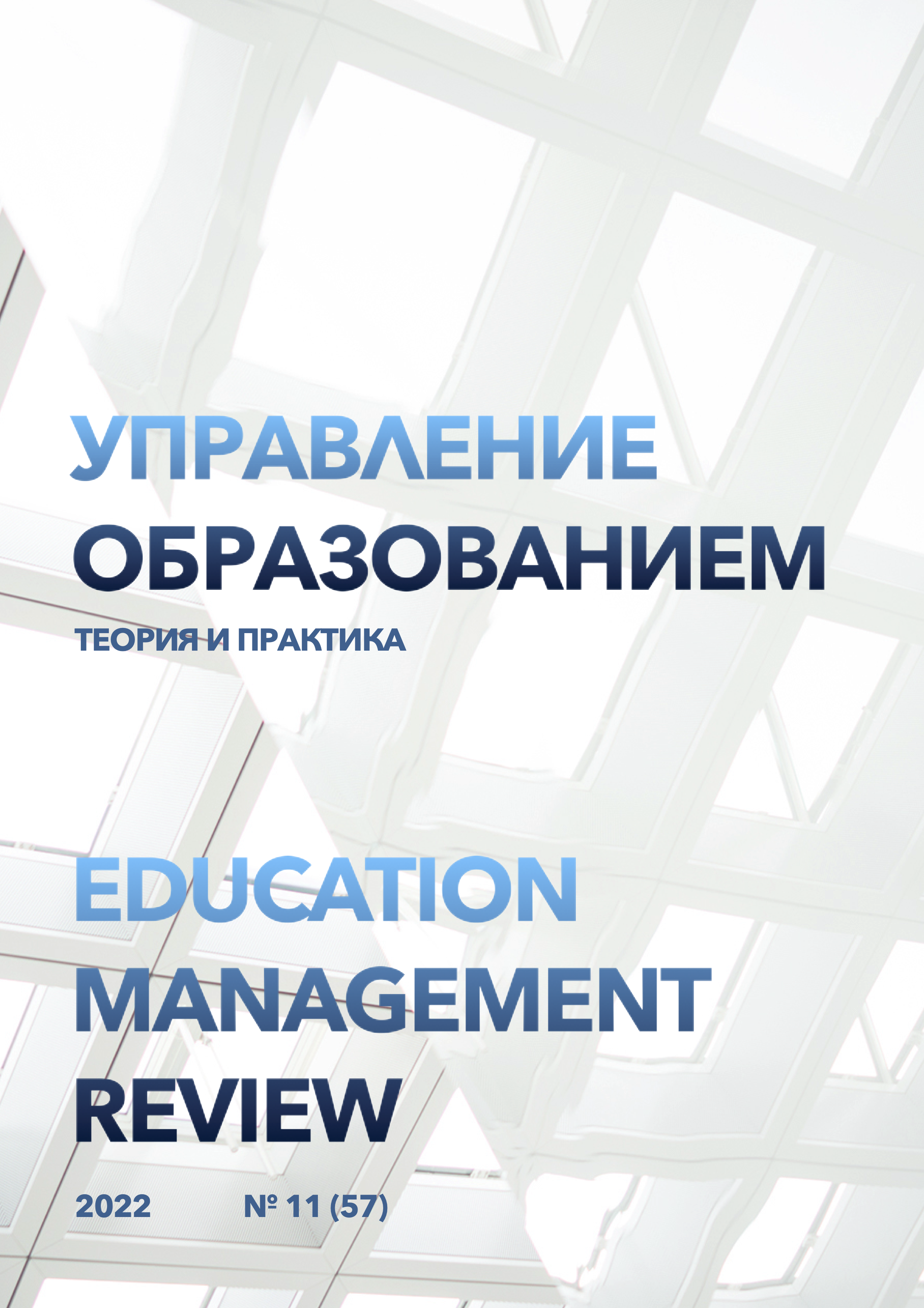Methodological methods for learning english language idioms
DOI:
https://doi.org/10.25726/u3929-0048-2222-tKeywords:
idiomatic expression, phraseological unit, semantic integrity, methodological techniques, conditional communicative exercisesAbstract
The article is devoted to general theoretical questions of the classification of idiomatic expressions, linguistic differences from the stable expressions of the Russian language, the difficulties of translation and understanding of such statements. Examples of the use of idioms in modern English are presented. The authors of the article note the methodological aspect of the assimilation of phraseological units, which contributes to their easier memorization and use in one's own speech. A phraseological unit or idiom is a figurative, stable turn of speech that expresses a single concept, rather than what follows from the meanings of its individual constituent elements. That is, the total content of the idiom is not the total value of its constituent components. It is impossible to translate an idiomatic expression word for word, since the meaning of the phrase may be lost during translation. The difficulty of understanding the meaning of a phraseological unit in the case of using a literal translation creates a problem for studying the idiom. It is known that the meaning of a phrase is difficult to understand without knowing its meaning. To convey the correct meaning of a phraseological unit, methodologists recommend using the following translation methods: translation by absolute equivalent, relative equivalent, phraseological analogue of the native language, descriptive translation. The brevity inherent in phraseological expressions cannot but attract attention when learning a foreign language.
References
Ахманова О.С. Словарь лингвистических терминов. Советская энциклопедия,1969. 608 с.
Виноградов В.В. Об основных типах фразеологических единиц в русском языке // Лексикология и лексикография: избранные труды. М.: Наука, 1977. 312 с.
Гальперин И.Р. Очерки по стилистике английского языка. М.: Изд-во литературы на иностранных языках, 1958. 457 с.
Демидова Т.Е., Тонких А.П. Реализация проблемного обучения в вузе // Начальная школа плюс До и После. 2004. № 4. С. 6-12.
Каминская В.С. Теоретические исследования фразеологических единиц в современной лингвистике // Научный журнал имени Драгоманова М.П., 2011. С. 122-128.
Мальчикова Н.К. Проблемное задание как средство развития творческого мышления обучающихся на занятиях английского языка // Современный университет в цифровой образовательной среде: ориентир на опережающее развитие: материалы X Международной учебно-методической конференции, Чебоксары, 25 октября 2018 года / Чувашский государственный университет имени И.Н. Ульянова. Чебоксары: Чувашский государственный университет имени И.Н. Ульянова, 2018. С. 138-141.
Шанский Н.М. Фразеология современного русского языка. М.,1985. 160 с.
Cowie P, Mackin R., Mc Caig I.R. Oxford University Press. 2008. 685 p.




